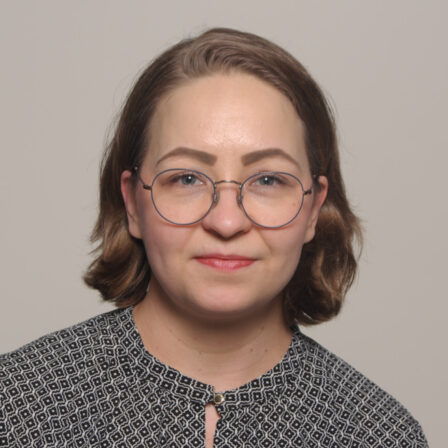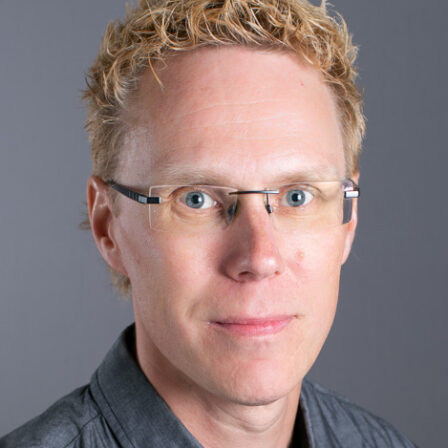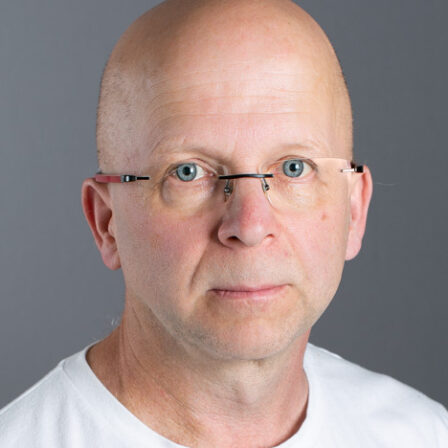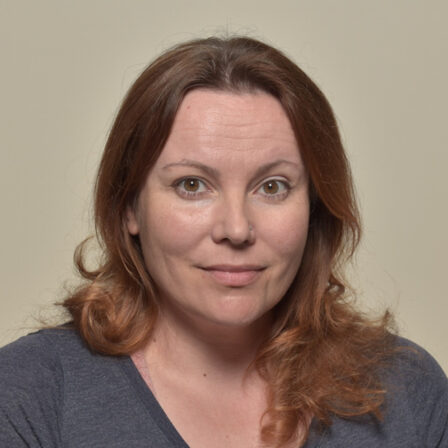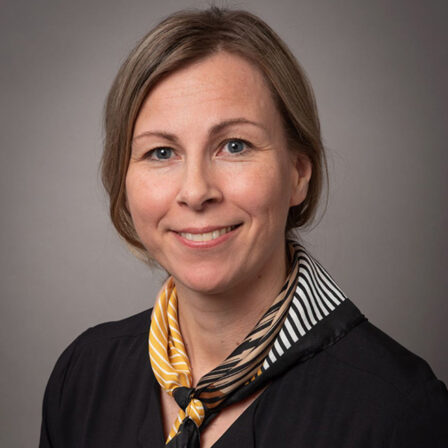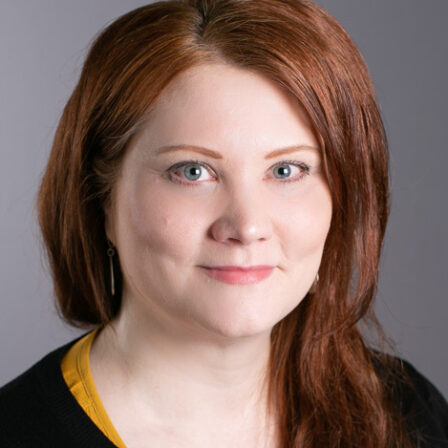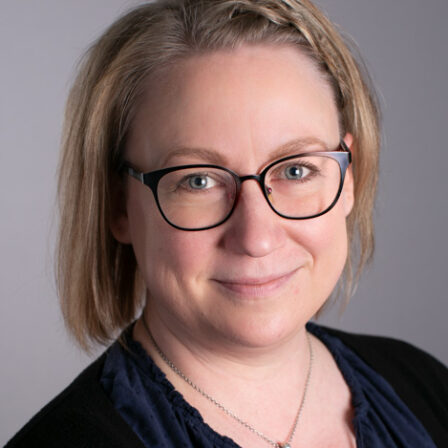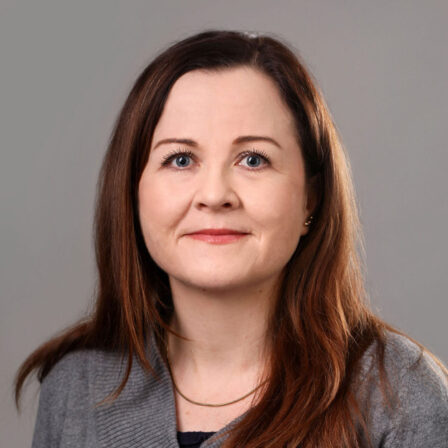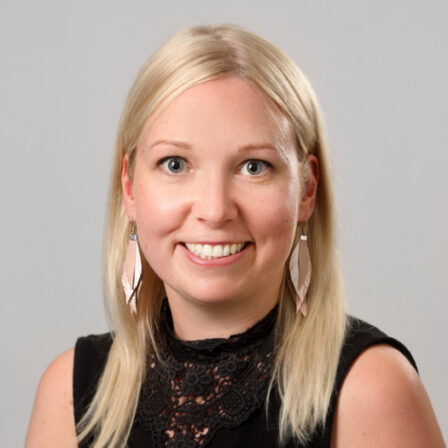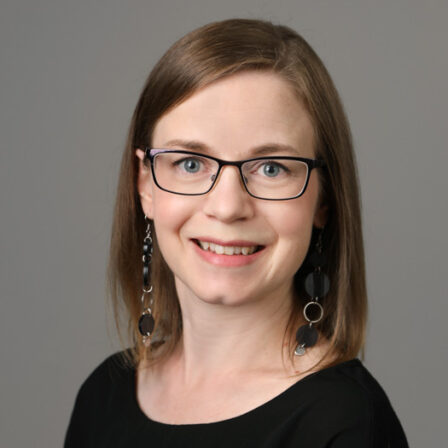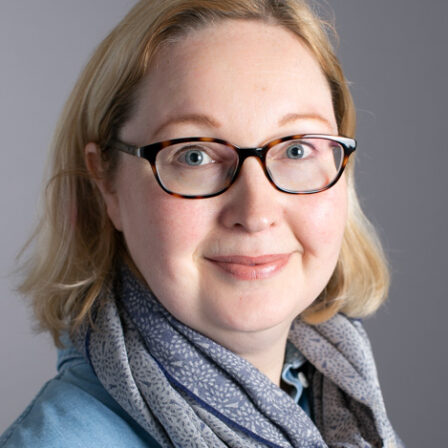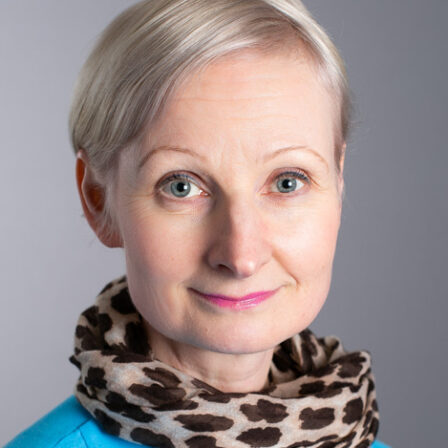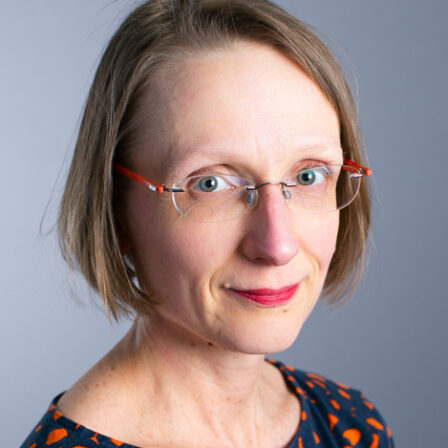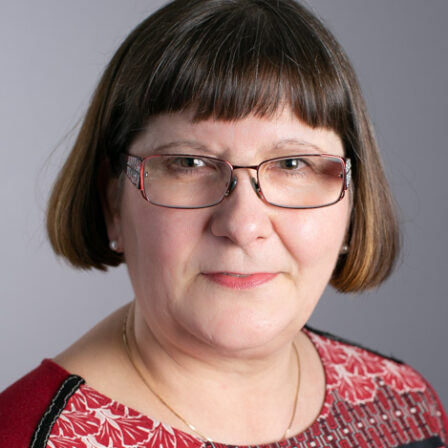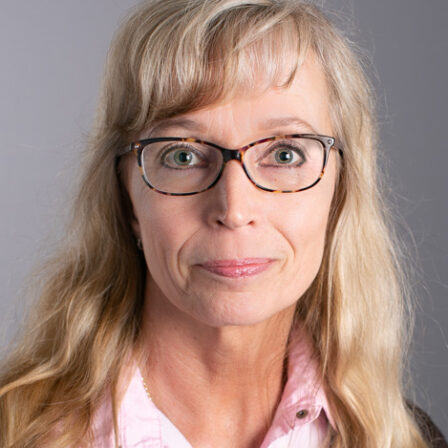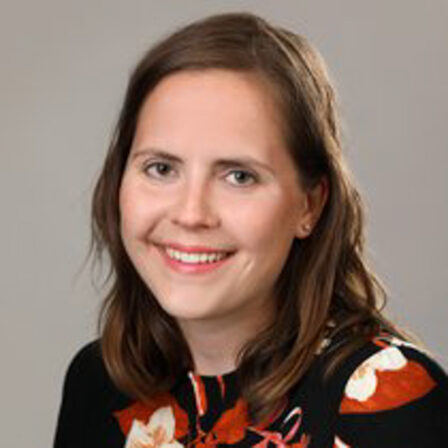Research group
Developing Better Health Care in the Hybrid World
We promote the expertise of healthcare professionals and better care for patients and clients through research and development activities in a changing world. We focus especially on hybrid operating methods and the opportunities offered by digital methods.
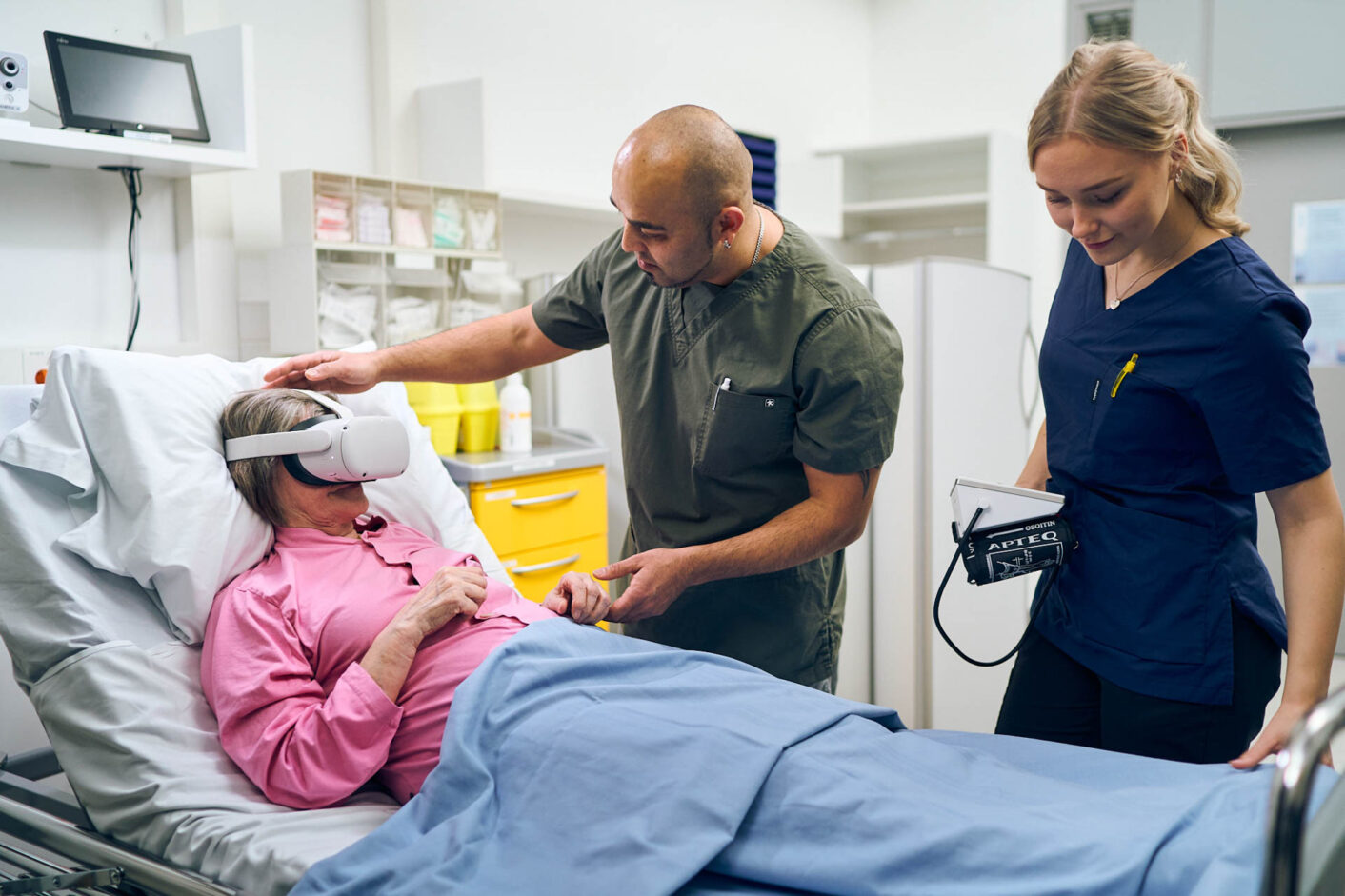
What we research and develop
1
High-quality and safe nursing
We promote the quality of nursing and patient safety by developing, testing and evaluating new operating methods together with partners from the world of work. We focus, but are not limited to, leveraging digital solutions.
2
Digital learning environments (simulation and XR technology)
We develop, test and evaluate learning environments using simulation and XR technologies.
3
Professional development and ethical competence as a driving and retention force
We support the professional development and career retention of healthcare workers in education and employment, and develop measures to increase the attractiveness and ethical safety of the sector. We promote and support the competence supplementation and integration of care workers with an immigrant background into the world of work.
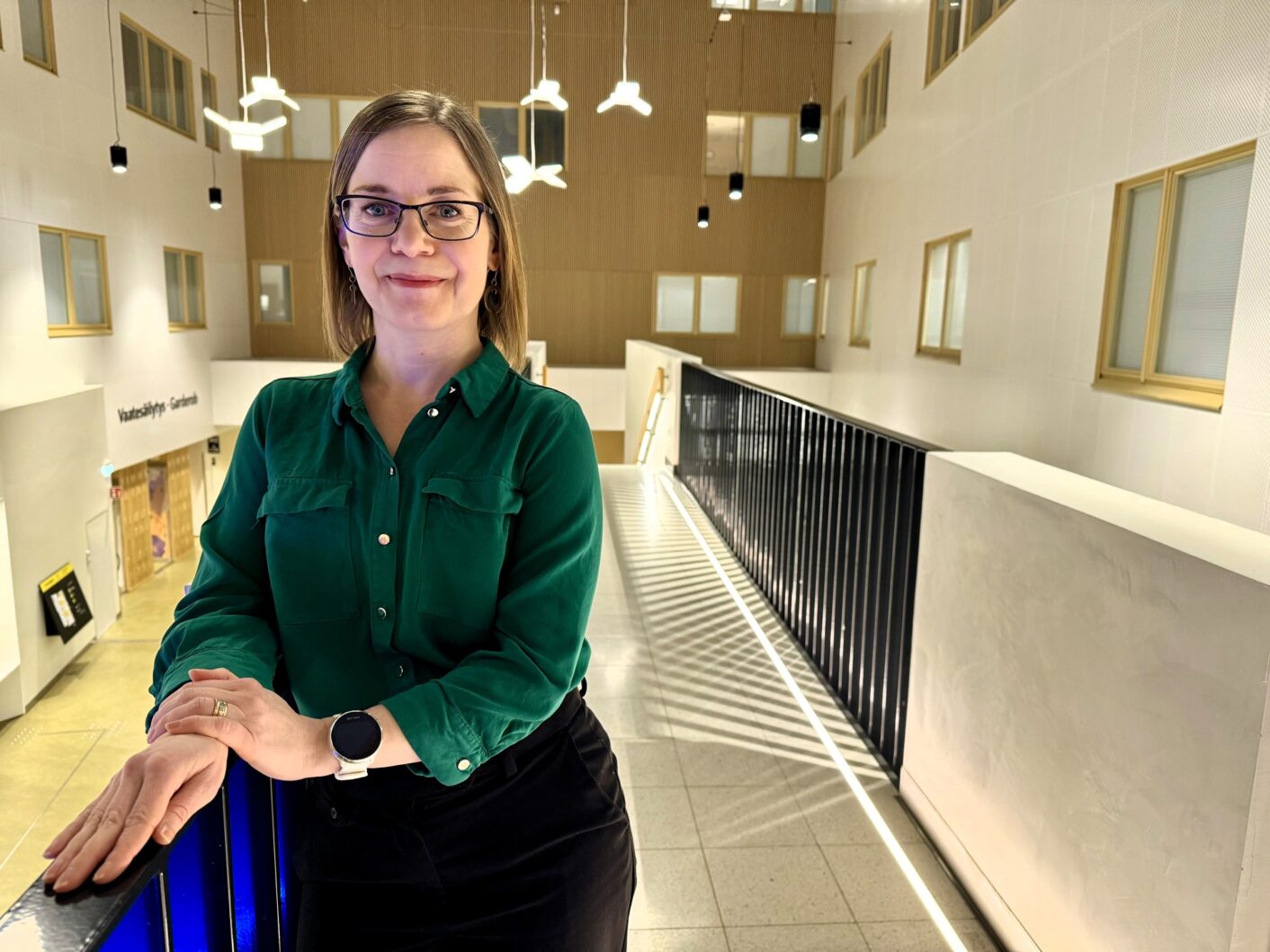
Healthcare is constantly changing as new treatments are developed and digital solutions play an increasing role in care. We aim to meet the needs of future healthcare and promote high-quality, ethical and safe care.
Mirka Toivonen, Senior Lecturer, Research Group Leader
Our Experts
The experts in our research group have a broad range of expertise in health care and a wide range of research methods. In particular, we are developing methods for usability research.
Main publications
Linnik L, Turan N, Polat Dünya C, Lahtinen K, Franck T, Valta M, Ayoğlu T, Akyüz N, Coutinho V, Paiva L, et al. Association between Hand Hygiene Knowledge and Self-Efficacy in Nursing Students: A Multicenter Cross-Sectional Study within the Framework of the Erasmus Project. Nursing Reports. 2024; 14(3):1973-1986. https://doi.org/10.3390/nursrep14030147
Laaksonen S. M., Paija T. S. M., Pelander T. S. & Cabrera Torres E. (2023). How to Implement Educational E-Learning Material to Enhance Clinical Skills of Undergraduate Nursing Students: A Narrative Literature Review. Nursing Education, Research, & Practice, 13(1), 5-13. https://nerp.lsmuni.lt/2301/2301-01e.pdf
Grech A. & Naamanka K. (2023). Towards better understanding of ethical safety. EthCo blog, (7.9.2023). https://ethco.turkuamk.fi/yleinen/towards-better-understanding-of-ethical-safety/
Toivonen M. (2023). Voiko lasten kokemaa sairaalahoitoon liittyvää pelkoa ja ahdistusta vähentää digitaalisilla menetelmillä?. Terveyttä tieteestä -blogi, (7.11.2023). https://blogit.utu.fi/terveyttatieteesta/2023/11/07/voiko-lasten-kokemaa-sairaalahoitoon-liittyvaa-pelkoa-ja-ahdistusta-vahentaa-digitaalisilla-menetelmilla/
Toivonen M. & Leppänen M. (2023). Älykamera herätti kiinnostuksen perehdytyksen kehittämiseen hoitoalalla. Sun OpiX, (2.6.2023). https://sunopix.turkuamk.fi/yleinen/alykamera-heratti-kiinnostuksen-perehdytyksen-kehittamiseen-hoitoalalla/
Nurmela T., Leinonen T. & Aho J. (2023). Terveys ja tekniikka kehittävät yhteistyössä sairaanhoidon opiskelijoiden virtuaalioppimista. Talk-verkkolehti, (17.1.2023). https://talk.turkuamk.fi/hyve/terveys-ja-tekniikka-kehittavat-yhteistyossa-sairaanhoidon-opiskelijoiden-virtuaalioppimista/
Education
Internship: project internships in research group projects
Theses: in the research group’s projects, you can do both an Bachelor’s and Master’s thesis.
-
Bachelor's Degree
Nursing, Bachelor of Health Care
Full-time Studies, Online Studies, Part-time StudiesOnline, Salo, Turku
-
Press Release
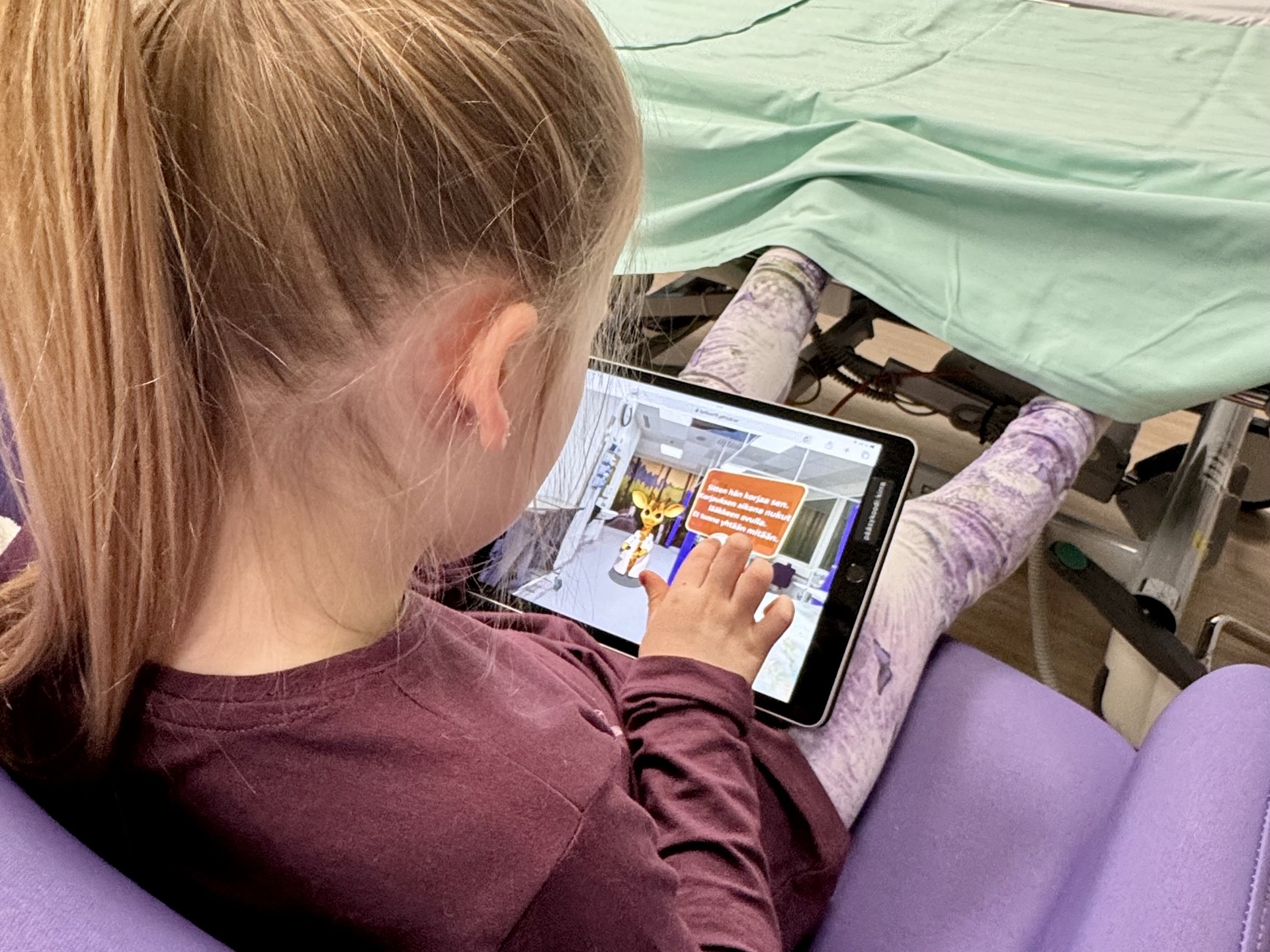
New app to help children prepare for hospital visits
An international project led by Turku University of Applied Sciences developed an app that allows children and their families to virtually visit a hospital and learn about the…
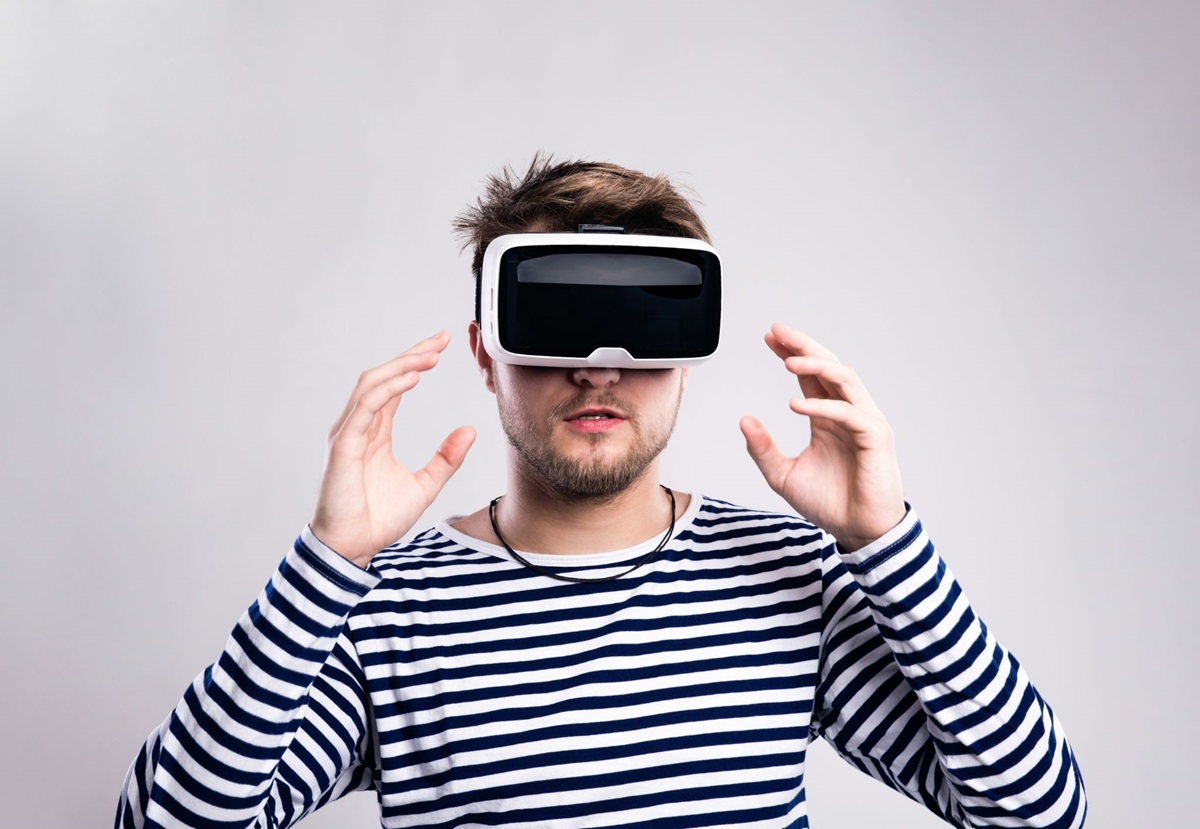
Digital methods are becoming more common in the care sector
The projects coordinated by the Developing Better Health Care in the Hybrid World research group use the potential of virtual reality, augmented reality and simulations. Digital methods will be brought directly into teaching and the world of work.
Educational videos deepen nursing knowledge
The ALYSTI project has published videos to help professionals and students alike to learn about challenging procedures. The smart camera videos give a realistic and accurate picture of different treatment situations, such as cannulation and wound care.
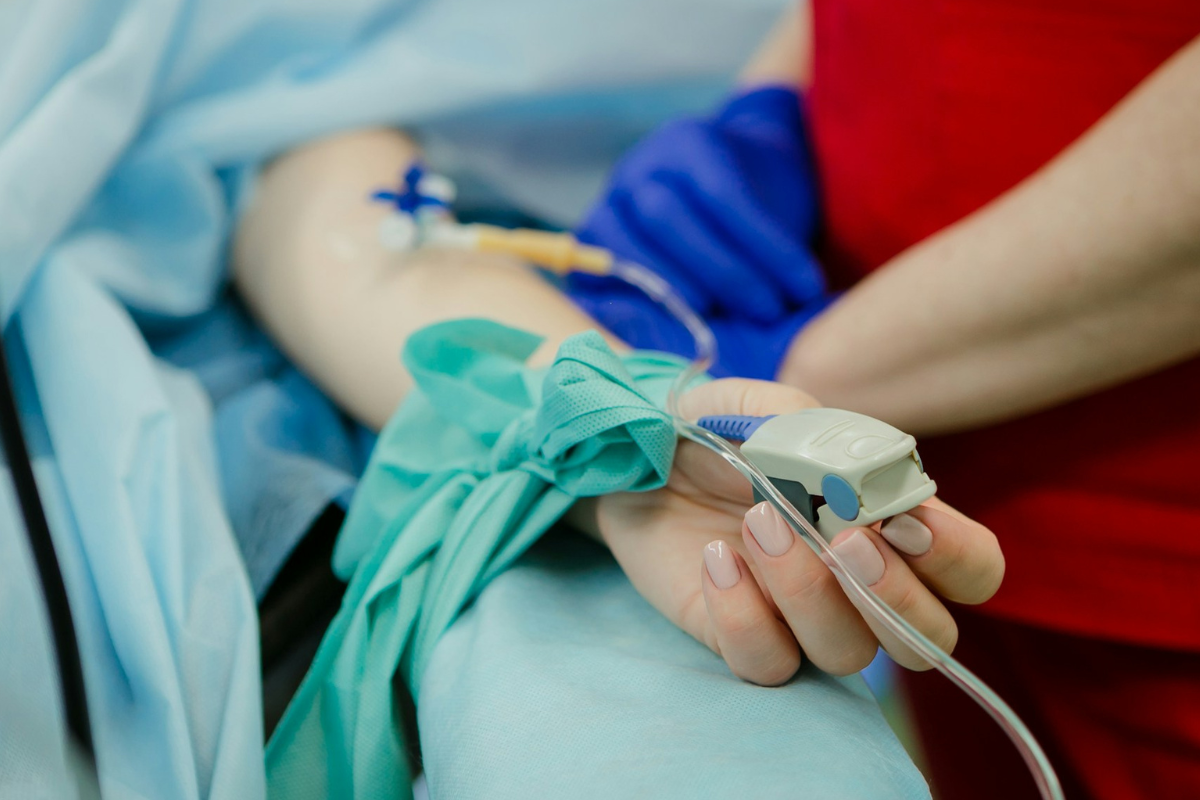
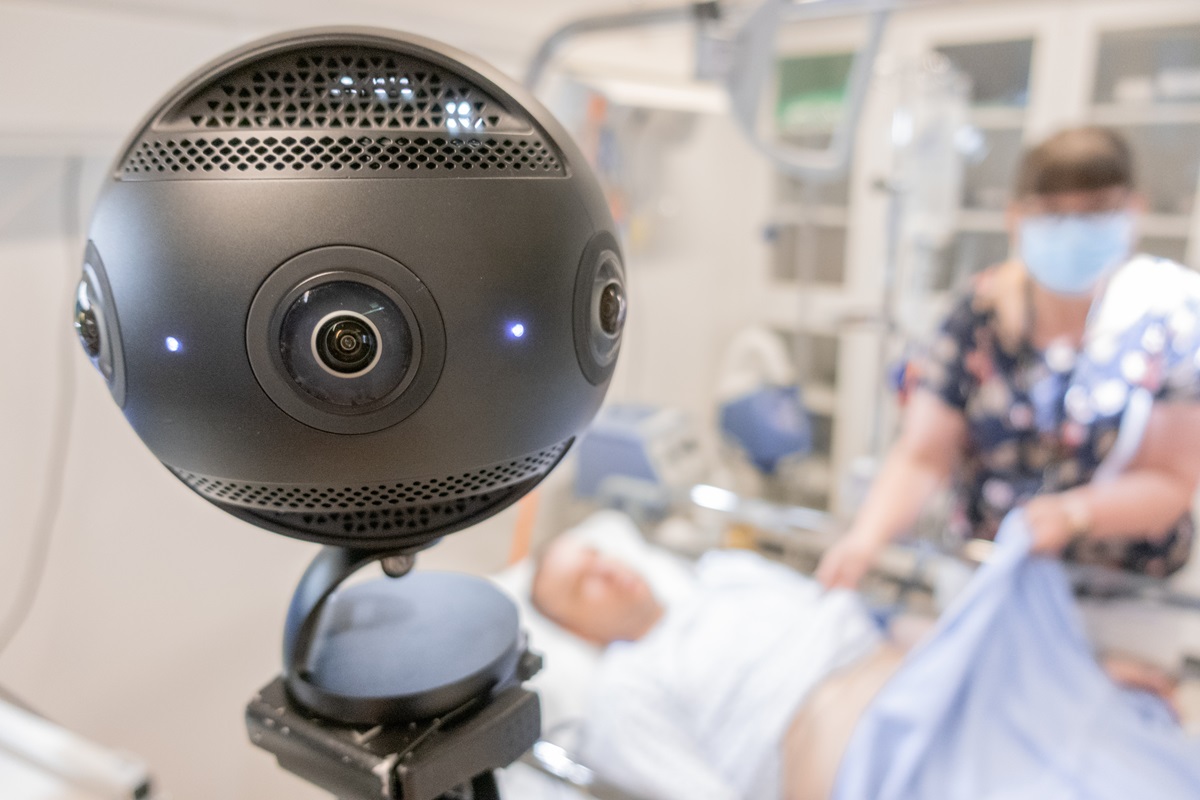
Getting to know the operating theatre through simulation
Simulation teaching provides an alternative way of exploring the recovery room as a care environment, while increasing training opportunities. The 360 simulation combines the tools of open video production with the learning elements of VR technology.
Learning environments
that support our activities
We have a simulation centre called SimuCenter, an education department and Campus Home Merihelmi in Salo and the Sun Hyvä Elämä clinic on the Kupittaa campus in Turku. These learning and testing environments provide an authentic or near-authentic multi-professional environment for usability testing.
We use a range of wearable XR devices, including Microsoft HoloLens 2 glasses, VR glasses and the Realwear HMT-1 camera. We also use a 360 camera in our projects.
A versatile partner
Our partners include several Finnish and international higher education institutions, such as Laurea University of Applied Sciences, Jyväskylä University of Applied Sciences, Tartu Health Care College, and the University of Stavanger. We also cooperate with social and health care organisations such as the wellbeing county of Southwest Finland and Karolinska University Hospital.
Strong project skills
Turku University of Applied Sciences’ Project Office offers support and guidance throughout the life cycle of an RDI project. Our project experts have years of experience and strong expertise in national and international funding programmes. We have more than 200 projects running every year, and our RDI activities have received more than €10 million in external funding.


